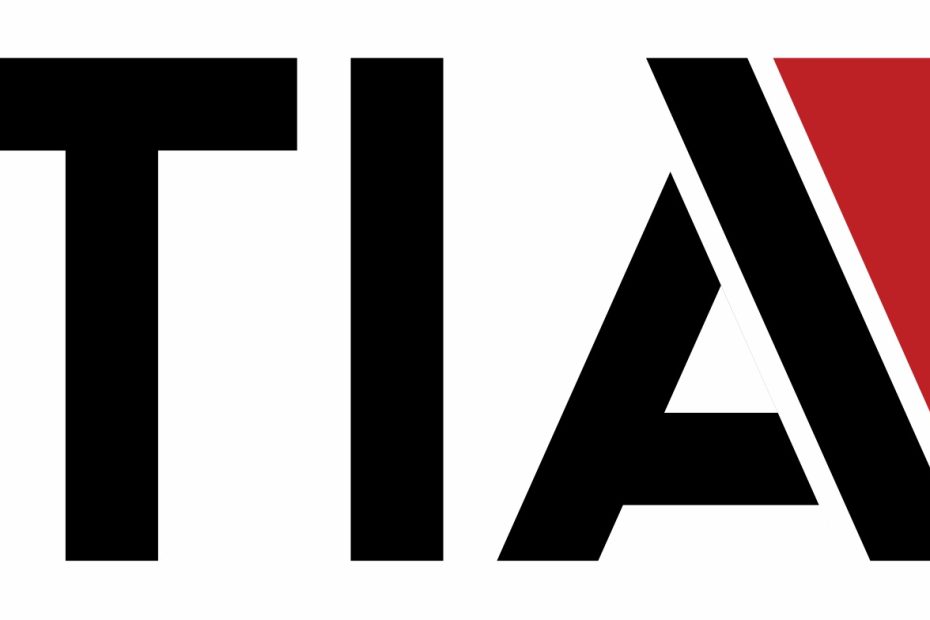I recently had the opportunity to join Jason Mizen on the #TIATalks vodcast to discuss the evolving role of underwriting alongside Refilwe Morapeli from GIB Film & Entertainment. Our discussion highlighted the critical role underwriting plays in risk management, the impact of technology, and why collaboration between underwriters, brokers, and insurers is more important than ever.
Having spent over 30 years in the industry, I’ve seen first-hand how underwriting has changed – and how, despite advancements in technology, expertise, agility, and human judgement remain essential.
The role of underwriting in a changing world
When I founded KEU Underwriting Managers in 2001, the industry looked very different. Regulations were lighter, and insurers had more flexibility to innovate. Today, underwriting must navigate a complex landscape of regulatory requirements, evolving risks, and shifting market demands.
Despite these challenges, one thing remains constant: specialisation is key. At KEU, we focus on entertainment and event insurance, covering everything from film productions and live events to high-value equipment and liability risks. Unlike traditional insurers, underwriting managers have the flexibility to adapt quickly, tailor policies to niche markets, and respond in real-time to industry changes.
Underwriters play a critical role in ensuring financial security, not just for businesses but for entire industries. Whether it’s securing multi-million-rand film productions or insuring large-scale events, our work ensures that when the unexpected happens, businesses can recover swiftly.
Technology vs. human expertise
There’s no denying that technology is transforming underwriting. Data analytics, AI, and automation are helping insurers assess risks faster and more accurately. However, technology is only part of the equation.
Underwriting isn’t just about algorithms and numbers, it’s about understanding the nuances of risk, interpreting complex contracts, and making judgement calls that AI simply cannot replicate.
For example, underwriting a film production isn’t as simple as calculating a premium based on previous claims. It involves understanding shooting locations, stunt risks, production schedules, and even weather conditions. These are factors that require industry knowledge, experience, and proactive risk management.
AI can enhance our work, but it cannot replace the expertise that underwriters bring to the table. The key is to blend data-driven insights with human intuition, using technology to support decision-making rather than dictate it.
Bridging the knowledge gap
One of the biggest challenges we face is a lack of awareness about the value of underwriting. Many businesses still see insurance as a grudge purchase, rather than the essential risk management tool it truly is.
Without proper underwriting, productions wouldn’t happen, concerts wouldn’t take place, and major industry investments would be left vulnerable. The more we educate clients, brokers, and industry stakeholders, the better we can bridge the knowledge gap and shift the perception of insurance from a cost to an asset.
At KEU, we take a consultative approach, working closely with brokers and their clients to ensure they understand their risks, coverage, and financial security. By prioritising education and transparency, we can help businesses make more informed decisions about their risk management strategies.
Looking ahead: the future of underwriting
As we look to the future, one thing is clear: success in underwriting will belong to those who remain adaptable, informed, and committed to adding real value beyond policy pricing.
Denise Hattingh
Founder & Managing Director
KEU Underwriting Managers
